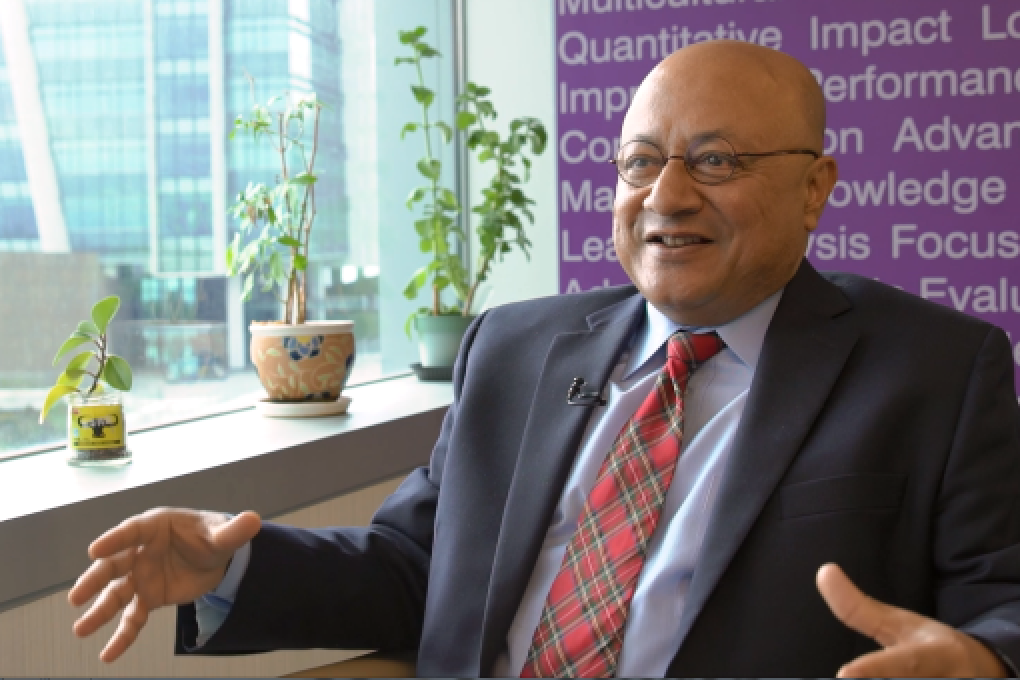SCMP x HKUST - Expert Insight Series 2017: Professor Utpal Bhattacharya
While his internationally recognised research focuses on the “dark side of finance”—manipulation and dishonesty in global markets—Utpal Bhattacharya believes Hong Kong's financial infrastructure stands out as role model of efficiency and transparency.

While his internationally recognised research focuses on the “dark side of finance”—manipulation and dishonesty in global markets—Utpal Bhattacharya believes Hong Kong's financial infrastructure stands out as role model of efficiency and transparency.
In particular, the professor of finance at the HKUST School of Business and Management notes the importance of the city’s low tolerance for corruption, clear regulations, and well established rule of law. These can be seen as marketable advantages and key factors supporting Hong Kong’s status as an international hub for business and finance.
“Institutions from around the world know if they bring their financial services to Hong Kong, their contracts will be verified and, if necessary, enforced,” Bhattacharya says.
He also endorses the Economist magazine's recent observation that Hong Kong facilitates the two-way flow of people, capital and ideas through a "semi-permeable membrane", connecting mainland China with the rest of the world. This happens thanks to a framework which meets the needs of the global financial community and offers unique advantages. For example, it will allow Hong Kong to support the China-led “Belt and Road” initiative, which will see multibillion-dollar investments in road, rail, port and power projects in countries across Asia and beyond.
“Wherever there is infrastructure, there is a need for financing, but we need to ensure we have the people with the right skills to provide financial services,” Bhattacharya says.